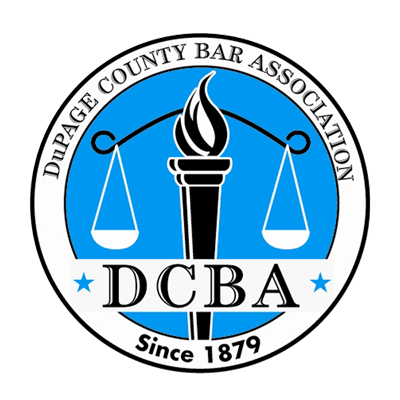
Motor vehicle accidents involving emergency vehicles are not uncommon. The National Safety Council reported that in 2020, 180 people died in crashes involving emergency vehicles. Although police vehicles accounted for most of the deaths, there were still 17 fire truck-related deaths. Given their large size, amount of (heavy and dangerous) equipment on board, and effect on traffic patterns, accidents involving fire trucks can quickly escalate. This past October, a fire truck was blocking traffic near California Avenue while responding to an accident when another vehicle struck it, resulting in a fiery, multi-vehicle pile-up. Although car accident claims in accidents like this are complicated because they involve claims against public employees and entities, accident victims may still be entitled to financial compensation.
Scott’s Law
Most car accident analyses involving a fire truck in Illinois will include a discussion of whether Scott’s Law applies. In 2000, Lieutenant Scott Gillen of the Chicago Fire Department was struck and killed by an intoxicated driver while responding to a crash on the Dan Ryan Highway. As a response, the Illinois Legislature enacted “Scott’s Law” (625 ILCS 5/11-907) also referred to as the “Move Over Law.” Scott’s Law mandates all Illinois motorists approaching law enforcement or first responder vehicles to:
- Change lanes if possible;
- Reduce speed, especially if unable to change lanes; and
- Proceed with increased caution.
When a motorist fails to do so and causes a car accident or, even worse, death, harsh penalties apply. Scott’s Law violators face fines of up to $10,000.00, loss of driving privileges, and in severe instances, imprisonment.
Although there are severe consequences for Illinois drivers who fail to take the necessary precautions when emergency vehicles approach, the analysis does not always stop here. While firetruck operators are generally not liable for injuries caused while responding to emergencies, this is not the case if the operator of the firetruck was negligent and departed from the expected standard of care.
Qualified Immunity May or May Not Apply
Early in our driving lessons, we all learned that we move over when firetrucks approach with sirens and flashing lights. Although Illinois drivers must give emergency vehicles the right of way, the emergency vehicle operator must still use appropriate caution when navigating through traffic. This is where the doctrine of qualified immunity comes in.
Under the doctrine of qualified immunity, state employees, such as firemen, enjoy immunity from injury claims occurring while they are on the clock. In Illinois, qualified immunity is codified under the Local Governmental and Governmental Employees Tort Immunity Act. Any personal injury claim involving a fire truck operator will start with an analysis under this act because the act automatically immunizes public employees from liability that occurs during job-related accidents. In nearly every case, the public employee will assert the doctrine as a special defense, and the plaintiff will need to utilize the assistance of a qualified personal injury attorney to establish that an exception to the act applies.
Willful and Wanton Conduct
An exception applies, however, in cases involving “willful and wanton” conduct. Section 2-201 of the act defines this as “a course of action which shows an actual or deliberate intention to cause harm or which, if not intentional, shows an utter indifference to or conscious disregard for the safety of others or their property.” In other words, firefighters are not immune from liability if they fail to exercise a certain degree of care in performing their job duties. For instance, liability might be established in some of the following scenarios:
- Instances where emergency responders used excessive speeds;
- Accidents were caused by fire truck operators who negligently weaved through traffic in an unsafe manner, failed to look for upcoming traffic, etc.
- Accidents resulting from equipment that was not securely fashioned in the fire truck; or
- Operators who drive while drowsy, or under the influence of alcohol, drugs, etc.
It’s important to note that whether a fire truck operator’s conduct rose to the level of willful and wanton conduct is ultimately a question of fact for the jury. Therefore, victims who have been injured because of an accident with a fire truck should seek the assistance of an experienced personal injury attorney who can examine the unique facts and circumstances of the accident and determine if an exception to qualified immunity applies.
Speak with the Attorneys at Cullotta Bravo Law Today
Laws involving injuries and deaths contributed to emergency vehicles/personnel can be complicated. If you were in an accident with a fire truck, you need an attorney on your side who can help you recover the compensation you deserve. Our experienced team at Cullotta Bravo Law has over 30 years of experience in personal injury cases and knows the best path forward for your claim. Contact us today by calling (630)898-7800 or by using our online contact form.





